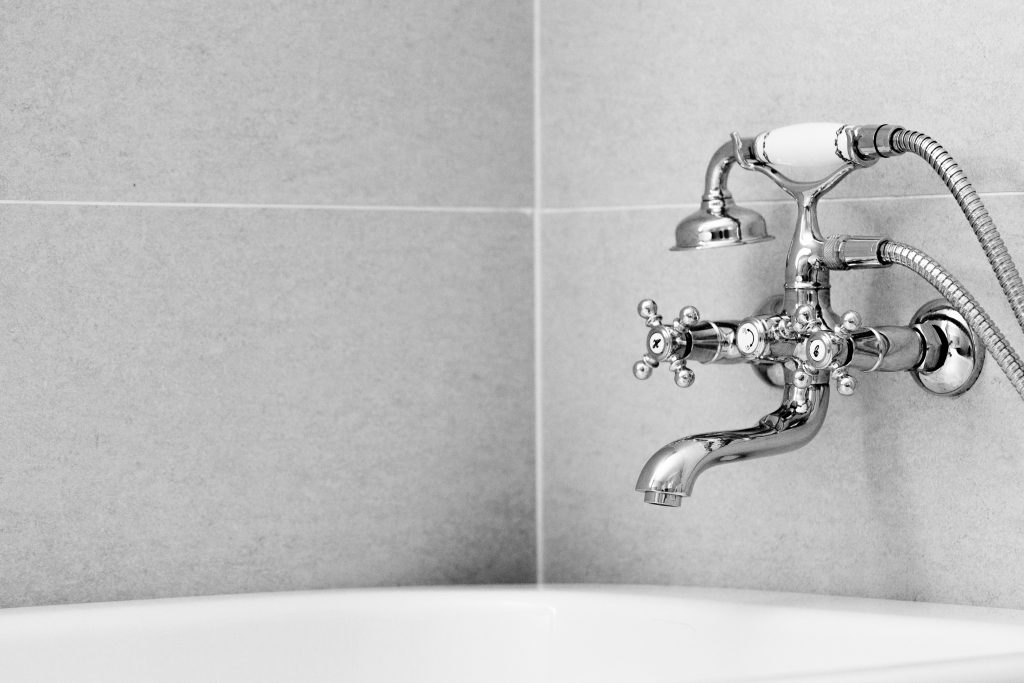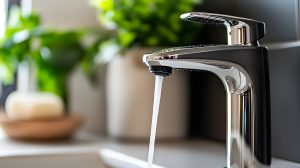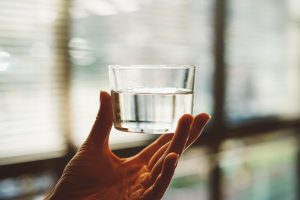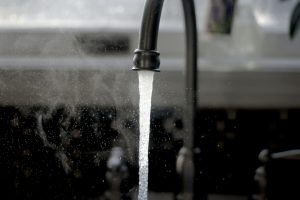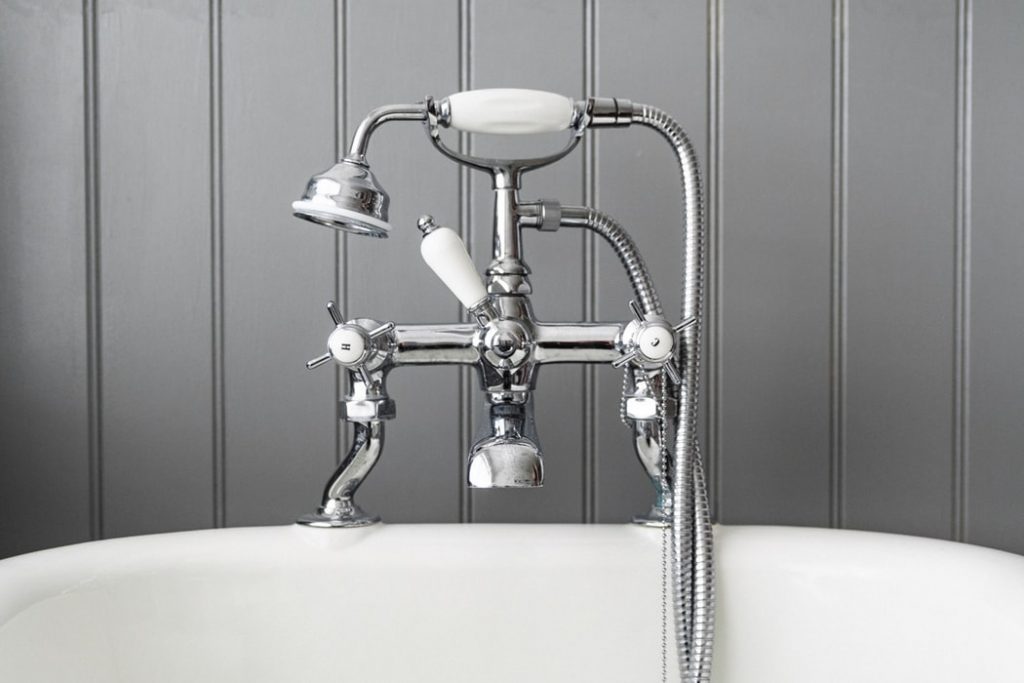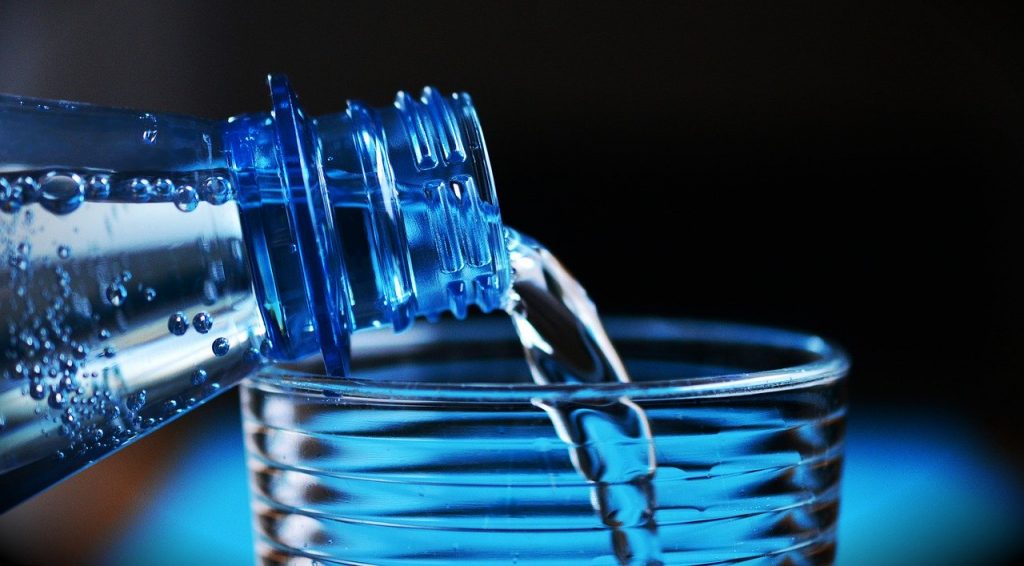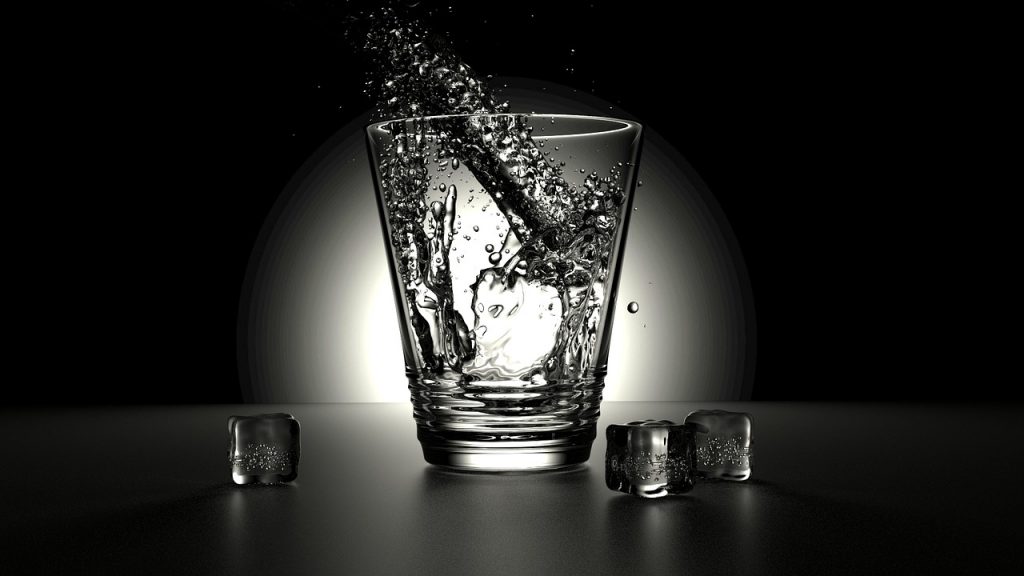Most of our household water sources are not 100% contamination-free. In fact, much of the water we get to our homes (tap water) contains several contaminants, mostly from environmental and industrial pollution. Whether the water is sourced from lakes, rivers, wells, or glaciers, there is always some level of contamination.
These contaminants can include anything ranging from natural minerals to artificial chemicals from human activities. For instance, surface water (lakes and rivers) is exposed to stormwater runoff, acid rain, pesticides, or industrial chemical wastes. Groundwater (wells), on the other hand, is easily exposed to septic waste, agricultural chemicals, disease-producing pathogens, etc.
All these factors necessitate a water filtration system in your house and ensure that the water you consume is clean and harmless. For this purpose, a whole house water filtration system best solves your water filtration problems.
But, how?
Whole House Water Filtration System Overview
Also known as a point-of-entry filtration, this is a filtration system installed at the point your main water line meets your home’s plumbing. This way, it filters every drop of water entering your house. In other words, every tap in your entire house will contain filtered water.
A whole house water filtration system guarantees that contaminants like chlorine, sulfur, iron, and others, don’t reach your house. This gives you access to clean water for drinking, laundry, washing dishes, cooking, or even brushing your teeth.
But how do you pick the best whole house water filtration system for your house? Well, this depends on the type of water reaching your home. What contaminants does it contain?
Generally, there are various filtration systems designed to tackle different contaminants. For instance, some might be perfect for handling chlorine and its foul smell, while others are meant to filter sediments, sulfur, iron, arsenic, and other harmful elements that can also lead to discolored water at home.
For this reason, it is advised you seek help from a professional before deciding on which water filtration system to install.
How Do Whole House Water Filtration Systems Work?
Since the system is installed at the entry point, it removes impurities from all the water entering your house. Water from the municipal is first filtered before it’s routed through your home’s plumbing to the faucets and other appliances.
The system is designed to remove contaminants that were not filtered at the treatment plant. And, based on the system you’ve installed, your water passes through several filtration levels to help remove all the contaminants.
Generally, these are the main steps during filtration.
- The Pre-Filter Stage
Here, the system works to remove large sediments and contaminants. Sediments are known to damage the plumbing system over time, as well as your home’s appliances, such as dishwashers, showerheads, etc. Having them removed ensures a long lifespan for your appliances and the entire plumbing network.
Note: You should replace the pre-filter regularly (after 2-3 months). This ensures optimal operation on your filtration system.
- Carbon Filtration Stage
This stage uses activated carbon to eliminate chlorine, chloramines, VOCs, and odor to make your home’s water fit for consumption. The activated carbon binds these elements, ensuring that they don’t go past through your main water lines.
If your water source contains contaminants like fluoride, iron, or bacteria, a whole house filtration system is designed to cater to the particular impurity. For instance, if you want to remove iron from your water supply, look for a whole house iron filtration system.
Note: The water filter does not work to soften water. So, if you are also dealing with the aspect of hard water, installing a water softener would help provide soft water for your home uses.
The good thing is, a whole house water filtration system will work seamlessly with your water softener to offer clean, soft water for the entire home.
- Post-Filter Stage
This is the final stage of water filtration. The water passes through a post-filter, which works to eliminate any sediments or contaminants not captured in the first and second stages. After this stage, the water that reaches your taps is now free of impurities, and it’s safe for use.
We recommend that you change this filter after every 6 to 12 months for the filtration system to work optimally.
Benefits of Installing a Whole House Filtration System
- Offers Safe Water for Home Uses
While the municipal water passes through a treatment plant, not all the contaminants are removed. This means that you can still consume water containing several impurities that might be harmful to your body in the long run.
Also, some of these contaminants will take a toll on your plumbing and appliances. However, with the best whole house filtration system, you can be sure of clean, consumable water in your home.
The best way to know whether your water contains contaminants is to get it tested by a professional.
- Healthier Baths
As with drinking, some of the contaminants in the water can be as harmful when you shower or bathe with it. The skin has pores that might absorb some of these harmful elements, causing skin dryness or irritation.
With a whole house water filtration system, you are safe from such problems.
- Longer Lifespan for Your Plumbing and Appliances
Sediments and other corrosive elements can cause serious damage to your plumbing system over time. Appliances connected to the plumbing system, such as dishwashers, showerheads, faucets, etc., might also be damaged by these contaminants.
Filtering your home water at the point of entry ensures that you keep all these problems at bay. In addition, you avoid any unnecessary, costly repairs, and give your plumbing system, an extended lifespan.
- It’s both Wallet and Environmental Friendly
This targets mostly those people who are used to buying bottled water. While this is good for your health, it’s neither friendly to your wallet or the environment.
First, buying bottled water is expensive. So, in minding your health, you are draining your wallet.
Second, it’s not environmentally friendly due to the many plastic bottles you dispose of. These might end up in water sources, causing pollution and even endangering the marine ecosystem.
However, when you have a whole house filtration system, all this is in the past. You can drink clean water from your tap, saving you some coins. In addition, you can use refillable bottles to ensure that less plastic gets into the environment. It’s a win-win situation.


